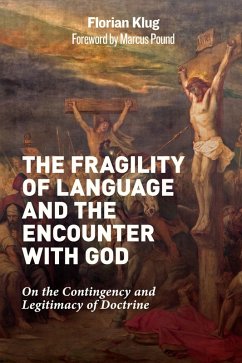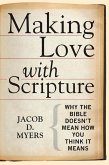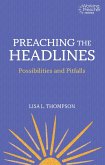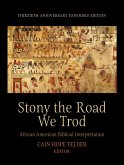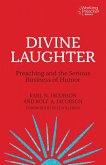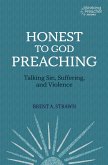These questions are addressed both to biblical texts and doctrinal statements. Crucial is the Catholic perspective that legitimate statements of faith and insights are only possible through the Holy Spirit. However, humanity cannot command or control the Holy Spirit but can only show its influence indirectly through the receptive tradition of the universal church. The Fragility of Language and the Encounter with God argues that statements of faith cannot overcome contingency. Instead, the Catholic notion of receptive tradition attempts to cope rationally with the fragility of perception and language in humanity's orientation toward God.
Dieser Download kann aus rechtlichen Gründen nur mit Rechnungsadresse in A, B, BG, CY, CZ, D, DK, EW, E, FIN, F, GR, HR, H, IRL, I, LT, L, LR, M, NL, PL, P, R, S, SLO, SK ausgeliefert werden.
Hinweis: Dieser Artikel kann nur an eine deutsche Lieferadresse ausgeliefert werden.

